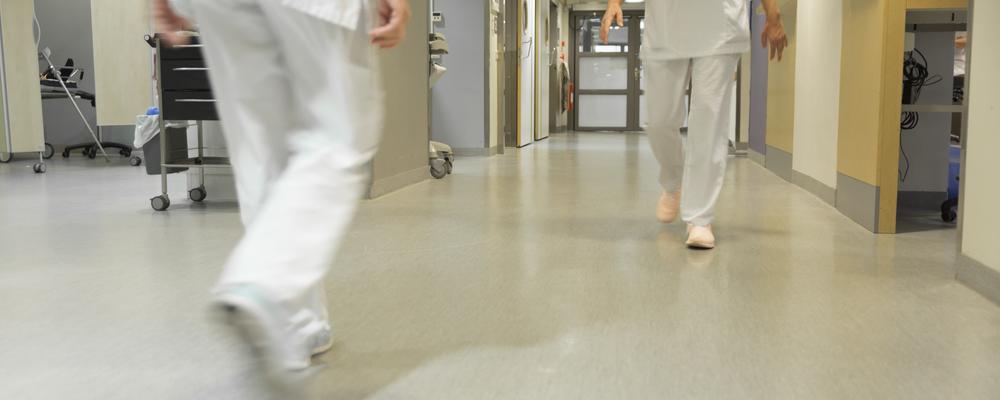Police and medical staff in emergency units are often the first to meet the victim after an assault, and listen to her account of traumatic events. Researchers Lisa Rudolfsson, Associate professor of psychology and Senior analyst at the Swedish Secretariat for Gender Research, University of Gothenburg, and Enkela Sinani, licensed psychologist who is clinically active in the field of trauma, have studied how meetings with women who have been raped affect the professionals.
They aim to gain a deeper understanding of the psychological effects and potential difficulties in such meetings, how the professionals talk about managing these difficulties, and their need for support in such processes.
The researchers met the study participants in focus groups, and asked them about perceptions, feelings and difficulties regarding meeting with victims, what they thought were helpful for the women, and what support systems they themselves have, at work and in private life.
– Participants do their very best to help and support these women, but at the same time they say that they are negatively affected. Many describe a changed worldview, which affects their lifestyle. They also describe that they are afraid of becoming cold and cynical, and some show signs that they have already been so, says Lisa Rudolfsson.
Empathy is an essential resource
Participants in the study all describe a strong feeling of empathy with the women they meet, some feel overwhelmed by it. Several also describe powerlessness, survival guilt and frustration for not being able to do more. For several participants, the frustration resulted in them sometimes helping the victim outside of their professional duty.
Empathy is an essential resource in meeting with victims, as shown in previous research, but it also increases the risk of emotional problems for the professional. Previous research has focused on professionals that meet with the victims during longer periods, such as social workers and psychologists. In contact with traumatized individuals, they can develop a traumatic response without having experienced the traumatic event themselves. The symptoms are almost identical to those associated with Post Trauma Stress Disorder (PTSD) and is called Secondary Trauma.
– Listening to stories about sexual violence seems to affect us in a deeper and more complex way than stories about other forms of violence and vulnerability. We have not diagnosed the participants in this study, but they show symptoms and signs that are in line with what we call secondary trauma, says Lisa Rudolfsson.
Lack of emotional and structural support
According to previous research, support from employers is essential for minimizing negative effects of contacts with traumatized individuals. Lack of support may lead professionals to continue working without understanding how they are affected. This can hinder professionals from taking care of themselves as well as from offering proper treatment to the victims they meet.
The participants in the study describe that they need more of both emotional and structural support to be able to perform their work, as they themselves believe to be the best.
– Better practical conditions are needed for this working group, so that they do not become harmful to themselves or to the persons they meet, says Lisa Rudolfsson.
Medical personnel describe that they do not have time to stop and reflect on how their work affects them personally, or time to talk about it with colleagues. Police report a lack of support from employers, but also a macho culture that prevents support between colleagues.
– If you do not address these shortcomings in emotional support and implement structural improvements, we risk burning out our staff. Especially in the police material, participants talk about how dedicated colleagues of theirs have left their departments as they can no longer work with this crime group, says Lisa Rudolfsson.
The study is published in the international journal Traumatology: “Some Things Stick”: Secondary Traumatization Among Police Officers and Medical Personnel Meeting With Raped Women.
The article can also be accessed via Gothenburg University Library: “Some Things Stick”: Secondary Traumatization Among Police Officers and Medical Personnel Meeting With Raped Women.
